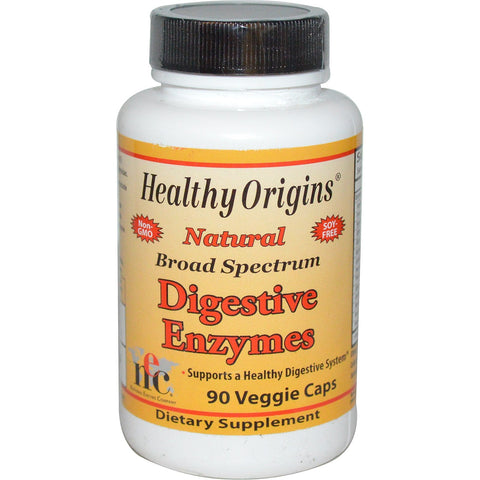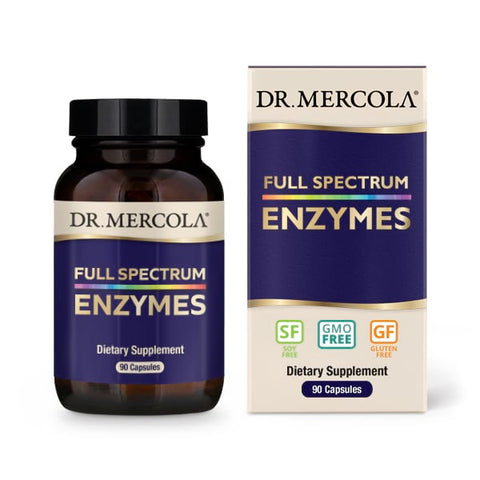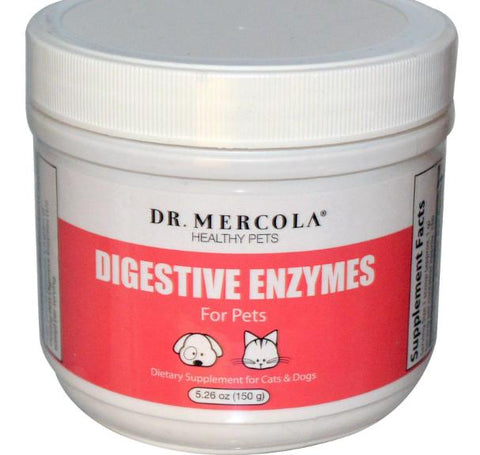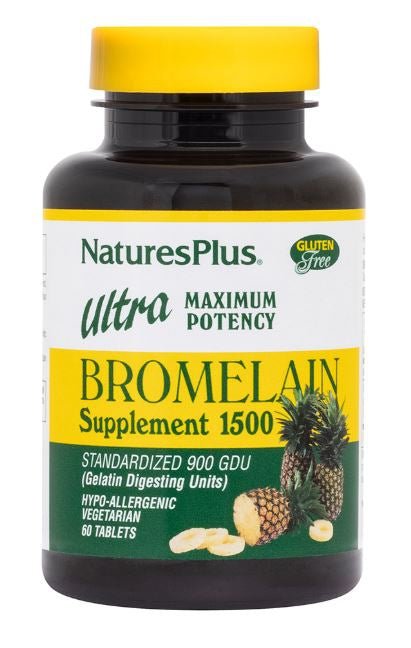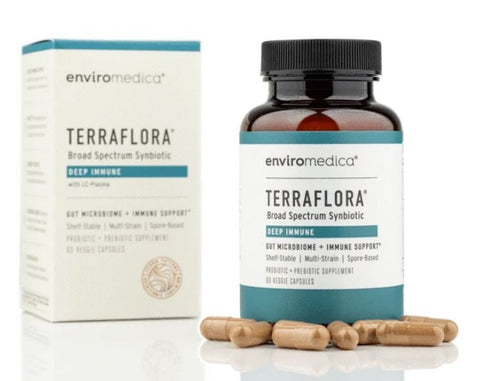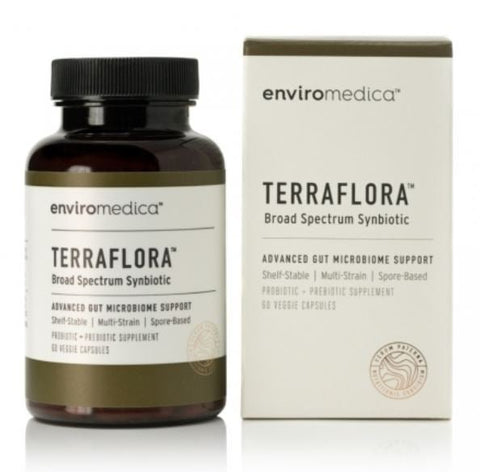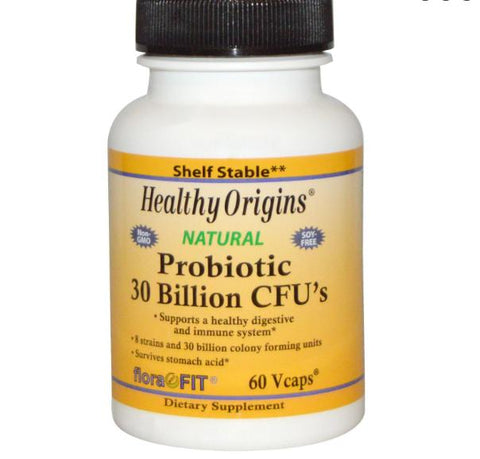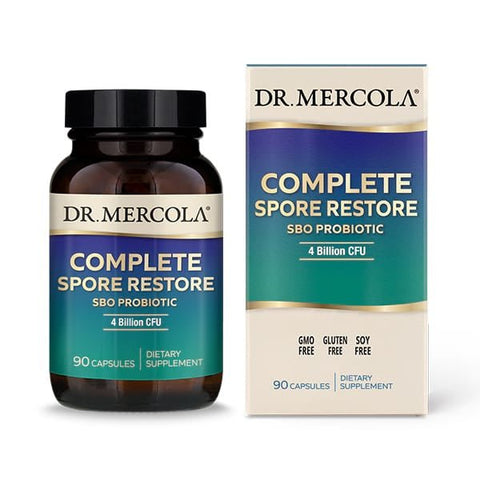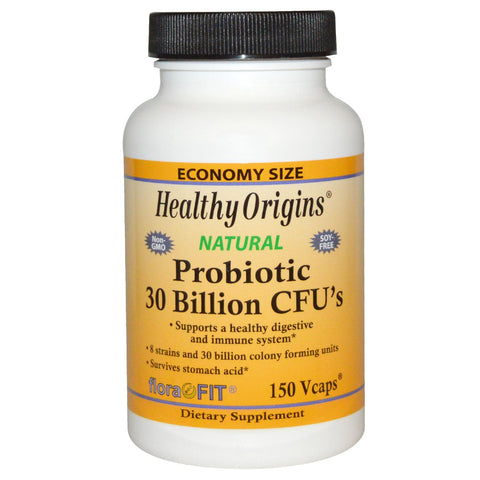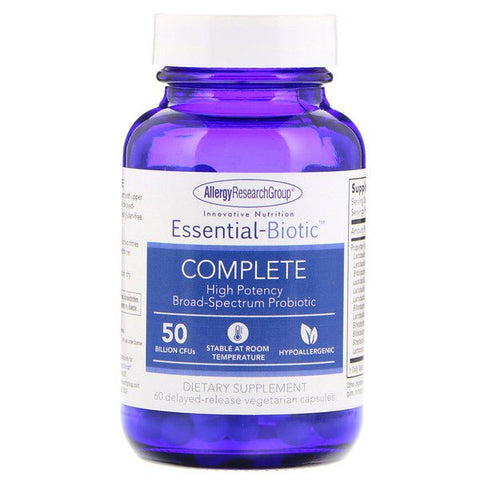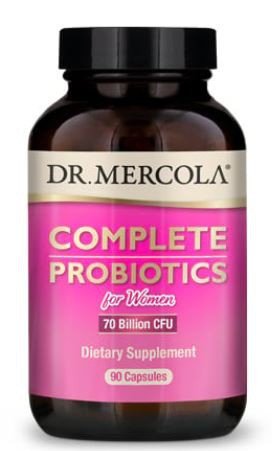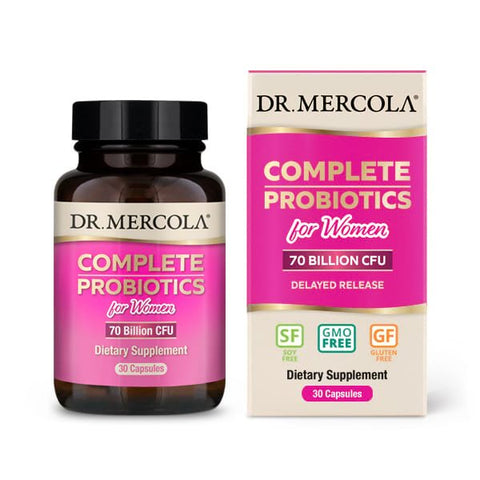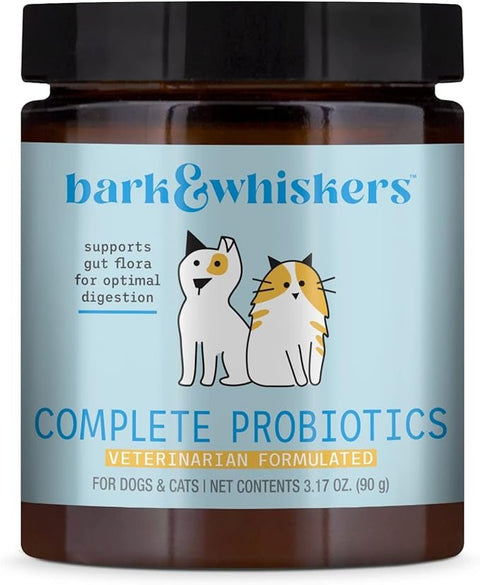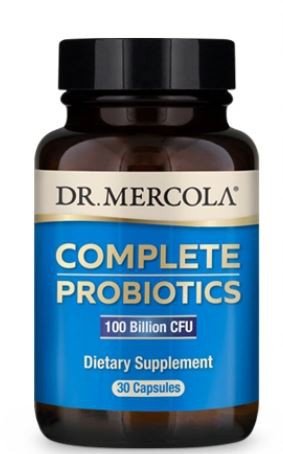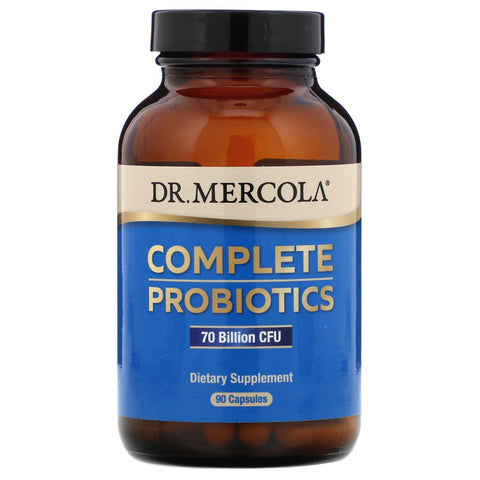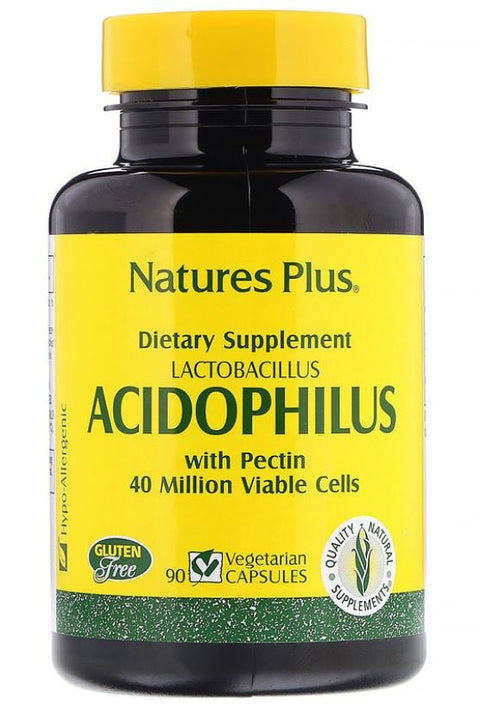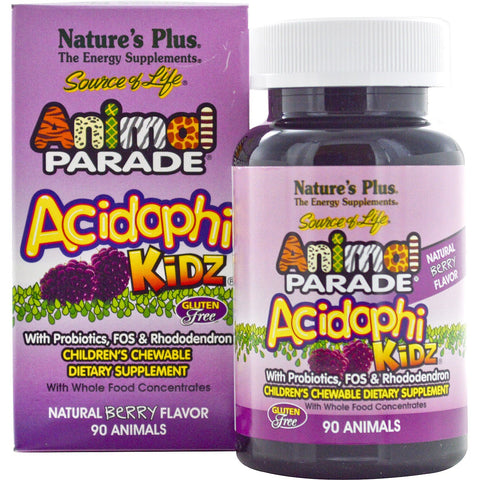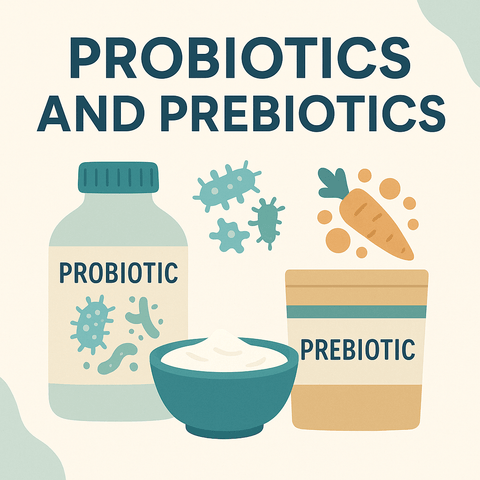
Probiotics and Prebiotics: Supporting Digestive and Immune Health Naturally
The human gut is home to trillions of microorganisms that form a complex ecosystem known as the gut microbiota. This community of bacteria, yeasts, and other microbes plays a vital role in digestion, immune function, and overall health. The balance and diversity of this internal ecosystem can be influenced by diet, lifestyle, age, and medication—especially antibiotics. Probiotics and prebiotics are two classes of supplements that support this balance.
Though the European Food Safety Authority (EFSA) does not currently permit the use of the health claim “probiotics” or “prebiotics” on labels, it has approved specific functional claims for certain bacterial strains and for some prebiotic fibers like inulin and fructooligosaccharides (FOS). All health statements made in this guide comply with EFSA-authorized claims.
What Are Probiotics?
Probiotics are live microorganisms that, when consumed in adequate amounts, may offer health benefits by complementing the gut microbiota. They are commonly found in fermented foods like yogurt, kefir, sauerkraut, and miso. Dietary supplements often provide concentrated forms of beneficial strains such as:
-
Lactobacillus acidophilus
-
Bifidobacterium lactis
-
Lactobacillus rhamnosus
-
Saccharomyces boulardii (a probiotic yeast)
While the term “probiotic” is well-known, EFSA has not approved general health claims for probiotics unless a specific strain is individually validated for a physiological function. Therefore, any claims must be based on strain-specific evidence and may not be generalized.
What Are Prebiotics?
Prebiotics are dietary fibers that nourish beneficial gut bacteria. Unlike probiotics, which are live organisms, prebiotics are non-digestible carbohydrates that pass through the gastrointestinal tract intact until they reach the colon, where they are fermented by the microbiota.
The most studied and widely used prebiotics include:
-
Inulin
-
Fructooligosaccharides (FOS)
-
Galactooligosaccharides (GOS)
-
Lactulose
EFSA has approved health claims for some prebiotic compounds:
-
"Lactulose contributes to an acceleration of intestinal transit."
-
"Replacing digestible starches with resistant starch contributes to a reduction in postprandial blood glucose rise."
Inulin and FOS are not currently linked to authorized health claims, but they are recognized as prebiotic fibers that help promote the growth of beneficial gut bacteria, indirectly supporting digestive health.
Digestive Function and Intestinal Transit
Digestive health is a primary focus for probiotic and prebiotic supplementation. EFSA confirms:
-
"Lactulose contributes to an acceleration of intestinal transit." This is achieved with a daily intake of at least 10 g.
Lactulose is commonly used in supplements for this purpose, offering a gentle, non-stimulant effect that supports bowel regularity.
Immunity and Gut Health
While general health claims regarding immunity support from probiotics are not approved by EFSA, it is well known that a significant portion of the immune system resides in the gut-associated lymphoid tissue (GALT). Therefore, maintaining a healthy microbiota through diet and supplementation is recognized as beneficial for immune regulation, though no direct claims for probiotics may be used without strain-specific evidence.
Some vitamins and minerals, however, do carry approved immune-related claims:
-
Vitamin D: "Contributes to the normal function of the immune system"
-
Vitamin C: "Contributes to the reduction of tiredness and fatigue" and "to the normal function of the immune system"
-
Zinc: "Contributes to the normal function of the immune system"
These nutrients are often included in synbiotic supplements (a combination of prebiotics and probiotics) to support immunity in a compliant and scientifically validated way.
Probiotics for Lactose Digestion
EFSA has approved a health claim for lactase enzyme, which is sometimes derived from probiotics:
-
"Lactase improves lactose digestion in individuals who have difficulty digesting lactose."
Some probiotic blends include strains that naturally produce lactase, although EFSA does not currently allow labeling of live cultures themselves with this claim unless the lactase is directly measured and standardized.
Prebiotics for Blood Sugar and Weight Control
In addition to digestive function, EFSA has approved claims for resistant starch, a type of prebiotic fiber:
-
"Replacing digestible starches with resistant starch contributes to a reduction in the rise of blood glucose after a meal."
This benefit is relevant to metabolic health and glycemic control, especially for individuals managing post-meal glucose spikes.
Choosing a High-Quality Product
When selecting a probiotic or prebiotic supplement, consider the following:
1. Strain Specificity (for Probiotics)
Not all strains are the same. Look for products that clearly list the strain level (e.g., Lactobacillus rhamnosus GG) and provide the colony forming units (CFUs) per serving.
2. Stability and Storage
Some probiotics require refrigeration, while others are shelf-stable. Look for encapsulation technologies that protect against stomach acid and ensure delivery to the intestines.
3. Dose Consistency
Effective probiotic products typically contain 1–10 billion CFUs per serving. Prebiotic powders or capsules should specify the fiber dose—typically 2–10 g daily.
4. Additional Nutrients
Many gut health supplements include vitamin D, zinc, or fiber blends to enhance overall function and support immune and digestive performance using EFSA-approved claims.
Usage Tips
-
Start slow with prebiotics, especially inulin or FOS, to avoid gas or bloating. Gradually increase the dose.
-
Take probiotics daily, ideally with food, for better survival of live bacteria.
-
For intestinal transit support, lactulose should be taken in amounts of 10 g/day to meet EFSA thresholds.
Safety and Regulation
In the EU, all ingredients in food supplements must comply with:
-
EU Regulation (EC) No 1924/2006 for nutrition and health claims
-
EFSA safety evaluations for novel food ingredients
-
National food authority approvals
Probiotic and prebiotic supplements should be avoided in severely immunocompromised individuals unless prescribed. Otherwise, they are generally well tolerated.
Conclusion
Probiotics and prebiotics offer natural and well-researched ways to support gut balance, digestive function, and immune health. While EU law limits the types of claims manufacturers may make, EFSA-approved nutrient claims can be used in combination products to ensure consumer trust and regulatory compliance.
Whether you're looking to improve regularity, support immune function, or optimize microbiota diversity, selecting the right probiotic or prebiotic supplement—paired with nutrient support—can be an effective and science-backed strategy.

